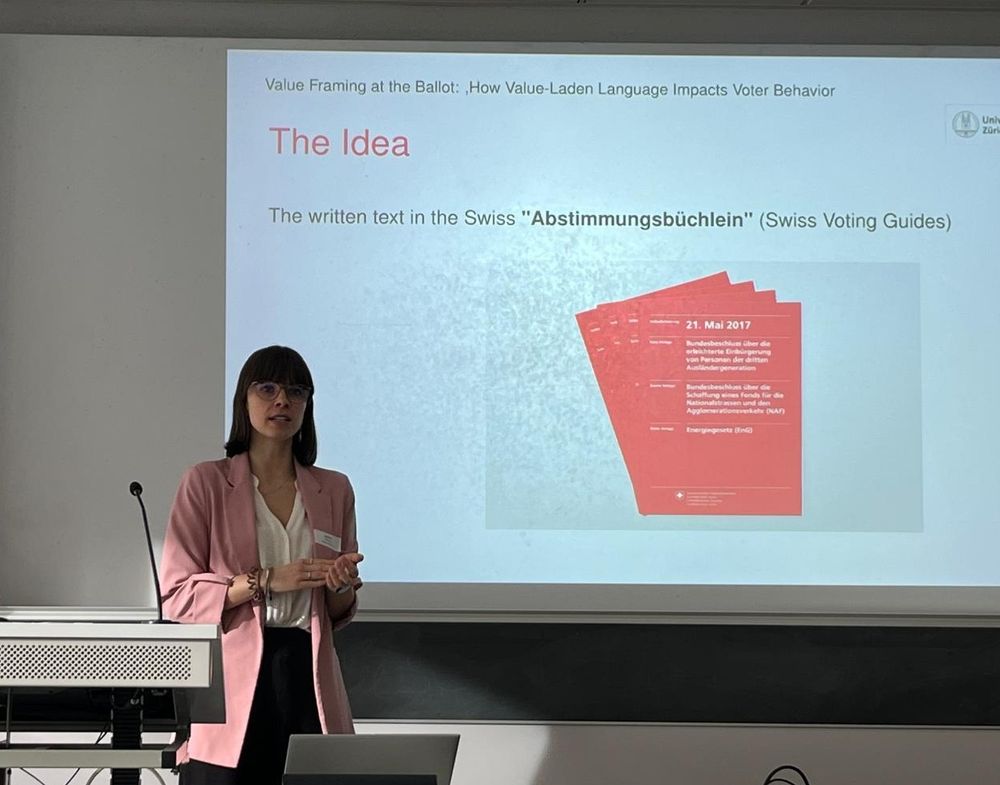Victoria A. Haerter
@victoriahaerter.bsky.social
230 followers
85 following
17 posts
PhD Candidate at the University of Bern • Masters in Comparative and International Studies ETH Zurich • Political Science BA at University of Zurich
Posts
Media
Videos
Starter Packs
Reposted by Victoria A. Haerter












